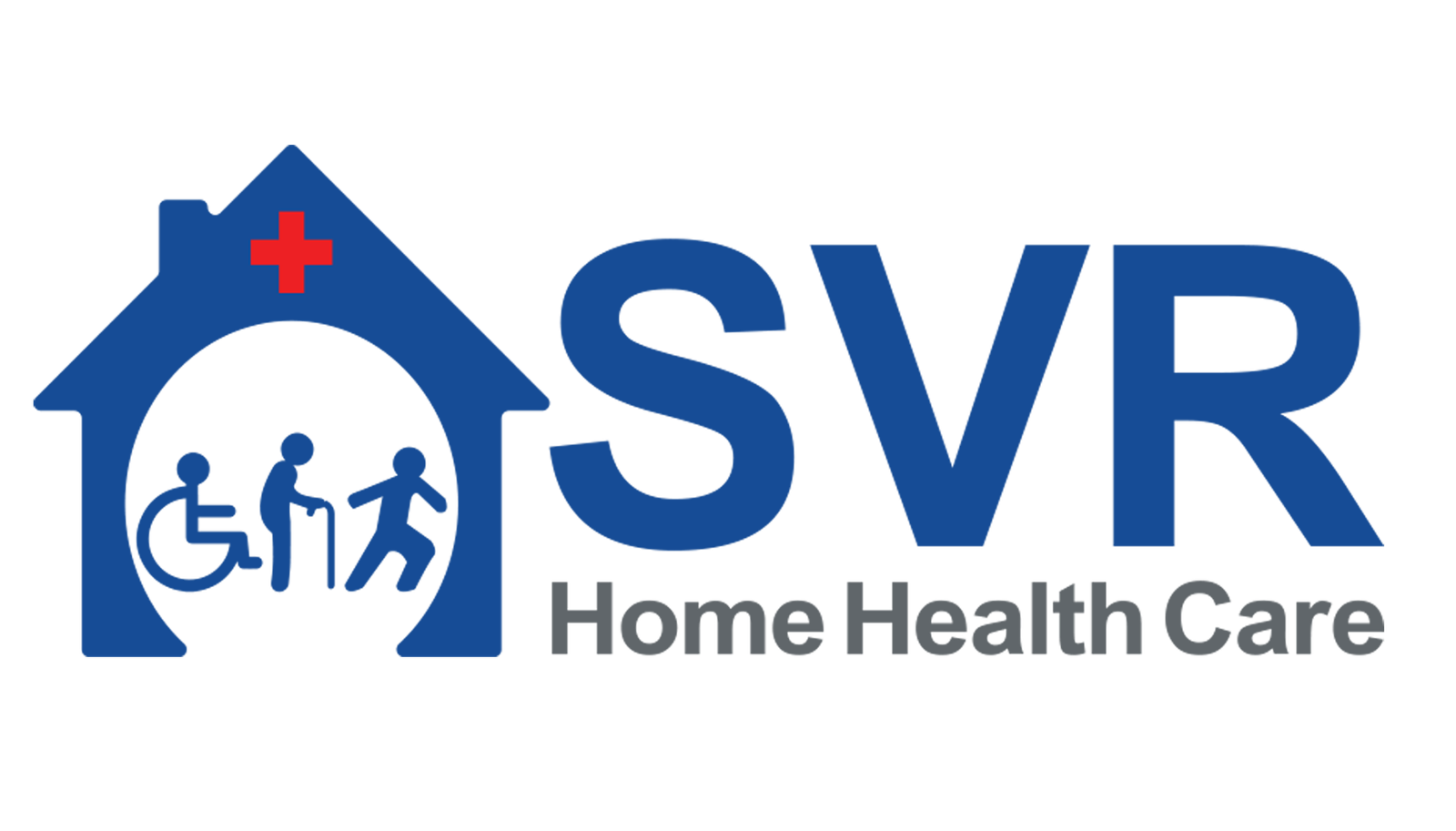Baby Care at Home encompasses a comprehensive set of practices and routines tailored to ensure the health, safety, and well-being of infants and toddlers within the familiar environment of their own home. This approach recognizes the vital role of caregivers in providing a nurturing and secure atmosphere conducive to the optimal development of the child.
Central to baby care at home is establishing a nurturing environment that promotes physical, emotional, and cognitive growth. This includes creating a safe and stimulating space where the baby can explore and learn, ensuring that all potential hazards are identified and mitigated. Caregivers often engage in baby-proofing measures such as securing cabinets, covering electrical outlets, and removing small objects that could pose choking hazards.
Nutrition plays a crucial role in infant care, with breastfeeding or formula feeding providing essential nutrients for growth and development. Caregivers may also introduce solid foods at the appropriate age, following pediatrician recommendations and monitoring for any allergies or intolerances. Maintaining a regular feeding schedule, adequate hydration, and proper hygiene practices are fundamental aspects of infant nutrition.
Another key aspect of baby care at home is establishing consistent routines for sleep, play, and bonding. Creating a soothing bedtime routine helps signal to the baby that it’s time to sleep, promoting healthy sleep patterns and ensuring adequate rest for both the baby and caregivers. Playtime activities that encourage sensory exploration, motor skill development, and social interaction are incorporated into the daily routine to stimulate the baby’s growing mind and body.
Ensuring proper hygiene is paramount in preventing illness and promoting overall health. This includes regular bathing, diaper changes, and skincare to keep the baby clean and comfortable. Caregivers also maintain a clean environment by regularly sanitizing toys, surfaces, and baby gear to reduce the risk of infections.
Effective communication and responsive caregiving are essential components of baby care at home. Caregivers attentively observe the baby’s cues and signals, responding promptly to their needs for food, comfort, and affection. Establishing a strong emotional bond through nurturing interactions fosters a sense of security and trust, laying the foundation for healthy social and emotional development.
In addition to meeting the basic needs of the baby, caregivers also prioritize their own well-being to ensure they can provide optimal care. This includes seeking support from family, friends, or professional resources when needed, practicing self-care activities to manage stress and fatigue, and staying informed about the latest recommendations for infant care and development.
Overall, baby care at home is a holistic approach that encompasses a range of practices and principles aimed at providing a nurturing and supportive environment for infants and toddlers to thrive and flourish. By prioritizing safety, nutrition, routine, hygiene, communication, and caregiver well-being, caregivers can create a loving and enriching home environment where babies can grow and thrive to their fullest potential.



